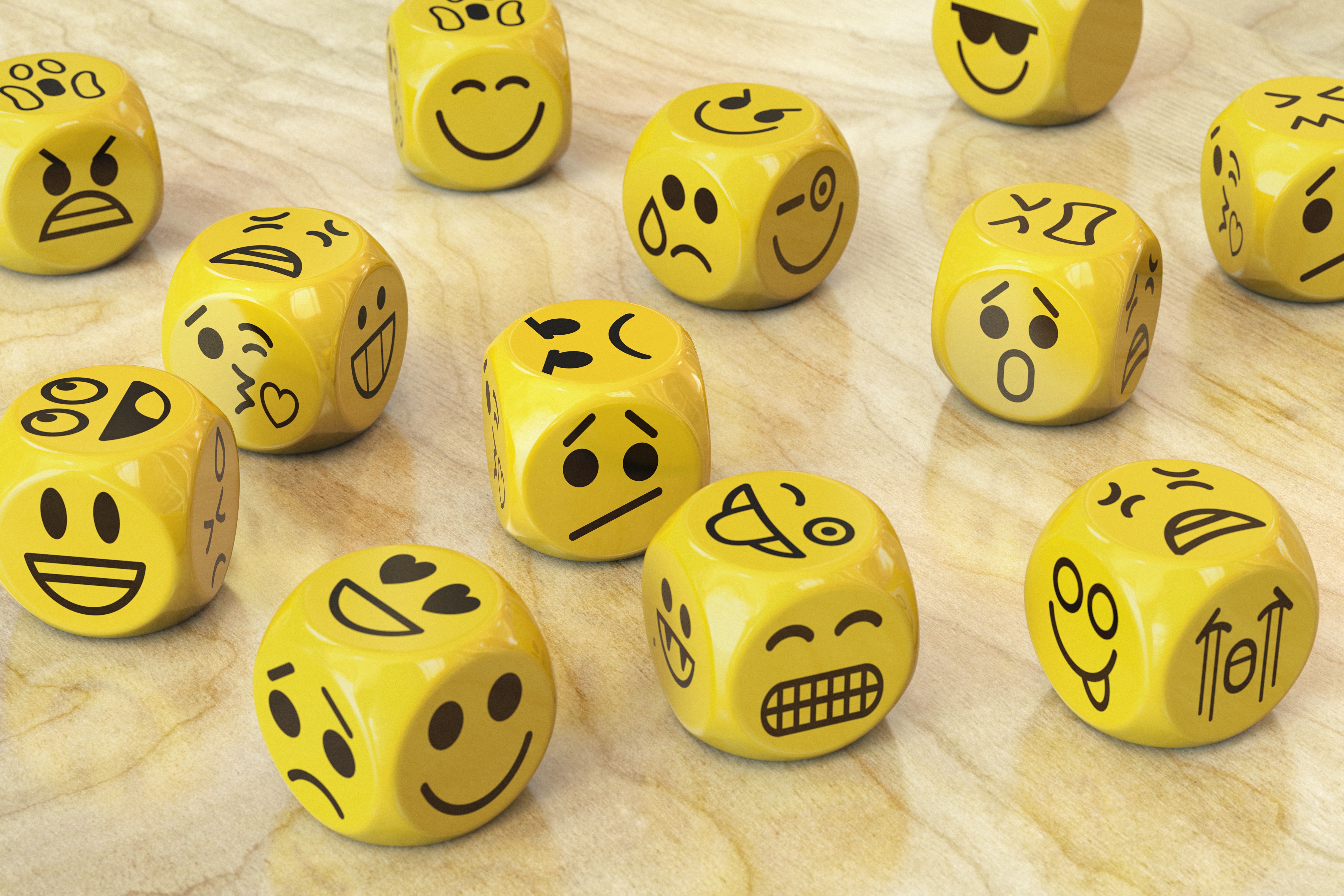
Education
The psychology of isolation

In a time when we feel we can’t manage our environment, there are still some effective ways to manage our feelings
Published 20 April 2020
Many of us have been on an emotional rollercoaster over the past few weeks, experiencing the slow ascent of stress; tipping over the edge into nerve-wracking anxiety; and bottoming out in a pit of anger and gloom.
Coming off a physically distanced Easter and the end of school holidays, it’s likely that many people are feeling down, fed up or at the end of their tether.

It’s natural to feel these negative emotions in the uncertain world we find ourselves in, but these feelings can be problematic both personally and socially.
High levels of stress and anxiety take a significant toll on our mental health and often co-occur with symptoms of depression.
Chronic anger leads to cardiovascular strain, and it can also cause us to lash out at other people, undermining our access to much needed social support and hurting our chances of a harmonious home life.

Education
The psychology of isolation
It is for these reasons that the Australian Government has announced spending increases to protect mental health.
These spending increases are necessary, but we as individuals can also learn strategies that can help us avoid becoming overwhelmed by our emotions.
There are some effective strategies to manage your emotions in this tumultuous time, based on our study of the science of emotion regulation.
One of the best ways to change our feelings is to change the way we think about a situation.
This family of strategies is called ‘cognitive reappraisal’, and can involve looking for a silver lining — like being able to spend more time with loved ones or taking a new perspective on the current situation — like seeing it as a global challenge that humans are coming together to address.

Reinterpreting or reappraising the cause of our emotions in this way lowers emotional intensity and can help us feel better.
For example, in one study, members of our lab found that when people reappraised, changing the way they thought about the cause of their emotions, they tended to feel happier an hour or two later.
Research shows that reappraisal is associated with less depression when used in uncontrollable situations (when we can only change ourselves, not our environment), but is associated with more depression when used in controllable situations (when we can change the situation).
This makes reappraisal a particularly useful strategy at the current time, when many of our activities are restricted to curb the spread of COVID-19.

Health & Medicine
Exercising your emotions
In societies like Australia, people tend to value feeling happy and try to avoid feeling sad.
This can lead to pressure to feel and act a certain way, which can have a harmful impact on our emotional lives.
In collaborative research with the Behavioural Ethics, Affect and Meaning Lab at the Melbourne School of Psychological Sciences, we found that the more people felt social pressure not to feel negative emotion, the worse they actually felt.
The key to feeling better may be to not worry about how we should be feeling, and instead try to accept our feelings as a normal and understandable reaction to our current situation.
The ability to non-judgementally notice and experience our emotions without actively trying to change them is an important component of mindfulness practice.
Just accepting our emotions as they are can help us feel better and also lowers our physical stress response.

Right now, you might also want to distract yourself from the world for a while with some quality Netflix time.
The good news is that researchers have found distraction is an effective way of managing your emotions in the short term, particularly when your feelings are very intense.
Of course, we can’t always distract ourselves from everything on our plates, so this strategy shouldn’t be our only go-to.

Health & Medicine
What disaster movies can teach us about coping with COVID-19
Another way to deal with our emotions is to turn to others for social support.
The act of sharing our emotions with others — the good and the bad — makes us feel that we’re not alone and can help relieve an emotional burden.
On the other hand, trying to hide our emotions or keeping them secret can make us feel worse in the long run.
When it comes to emotions, it’s often better to reveal than to conceal, but it’s important to choose a supportive confidant to share your emotions with.
Don’t be afraid to ask clearly for the type of support you need or want at this stage, whether it’s practical (like helping with the shopping) or emotional (like validating your feelings); letting other people know what you need will give them a better chance to support you adequately.
Remember to reach out to others in the same way; staying connected is particularly important right now, but be sure to give other people the support they want rather than the support you think is best for them.

In describing your emotions, try to be specific about what emotions you’re feeling, rather than simply saying you feel bad in general.
For example, when thinking about how you currently feel, you may realise it’s anxiety and not anger you are experiencing, or sadness rather than frustration.
In our research, we found that people who labelled their emotions in these specific ways were better able to regulate or manage their negative emotions.

Education
Managing your family’s cabin fever
This is an emotional time, and it’s okay to feel upset, scared or frustrated.
There are many ways of managing our emotions so they don’t overwhelm us, and it’s important to find the way that works best for you personally.
Given our current situation, this may involve using some form of digital technology, but if you are wondering whether you might need a bit more support, speak with your GP and reach out for professional support.
Regardless of how you choose to deal with difficult feelings, it might be helpful to be flexible in your use of emotion regulation strategies.
People who have more tools in their emotional toolkit fare better than those who adopt a one-size-fits-all approach.
Practicing reappraisal, acceptance, distraction, social sharing and labelling may all help level out the peaks and troughs of that emotional rollercoaster, or at least flatten the curve.
The authors would like to thank The FEEL (Functions of Emotion in Everyday Life) Lab for their contribution to this article. Based at the University of Melbourne’s School of Psychological Sciences, its members conduct research with experience sampling methods that involves repeatedly tracking people’s feelings in their natural environments using smartphones.
Banner: Getty Images